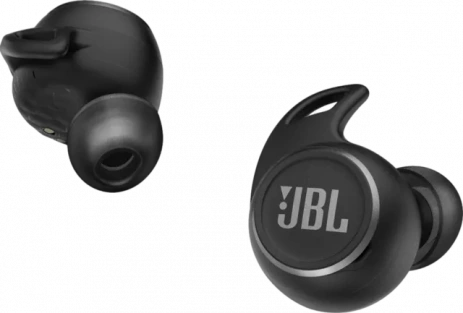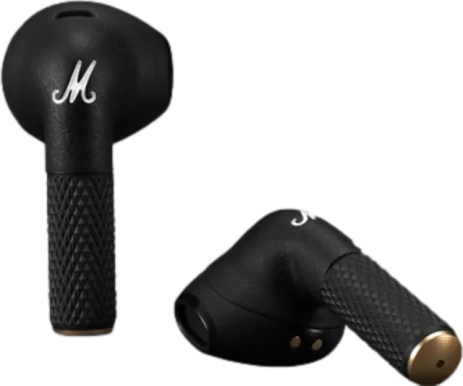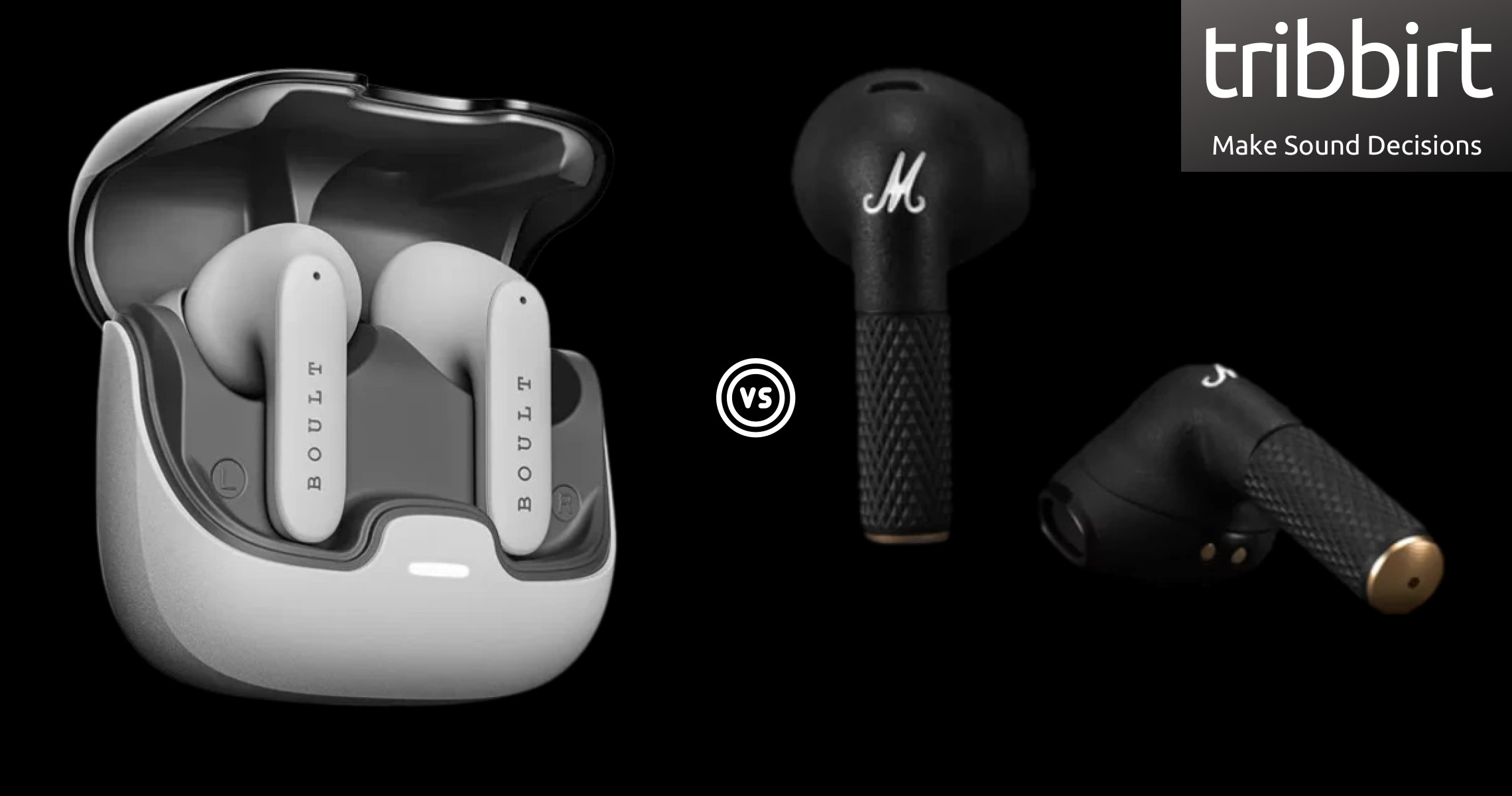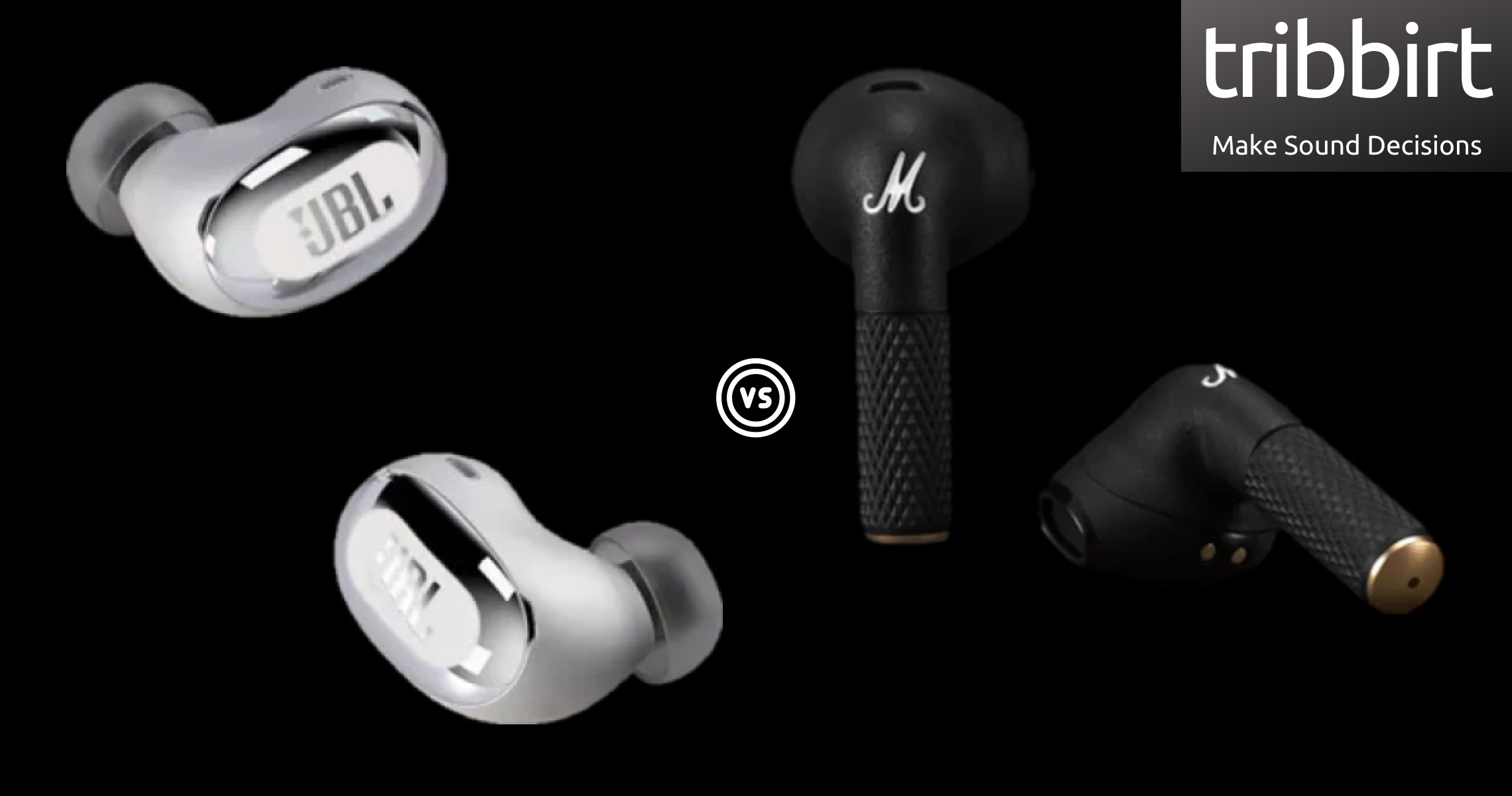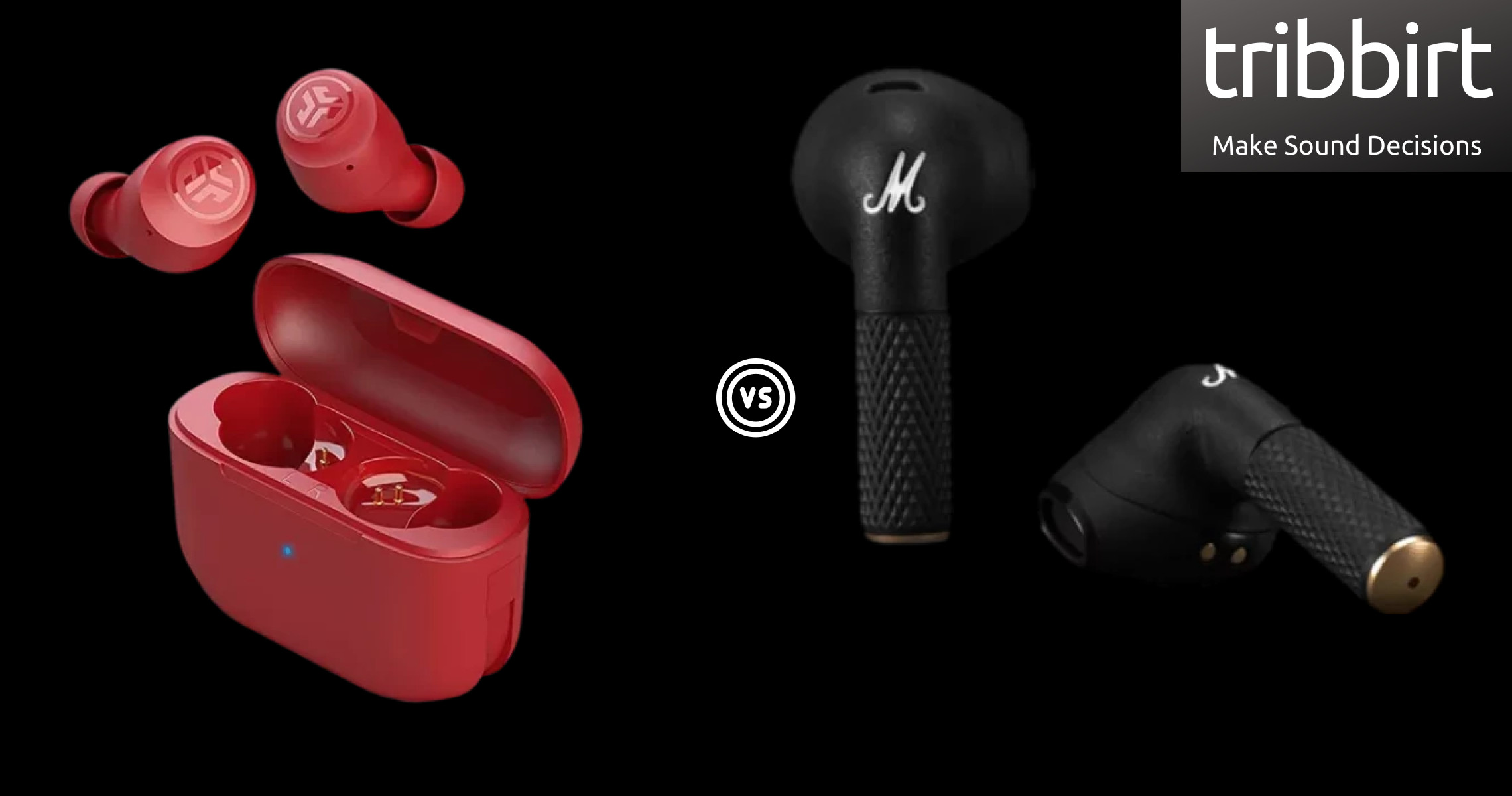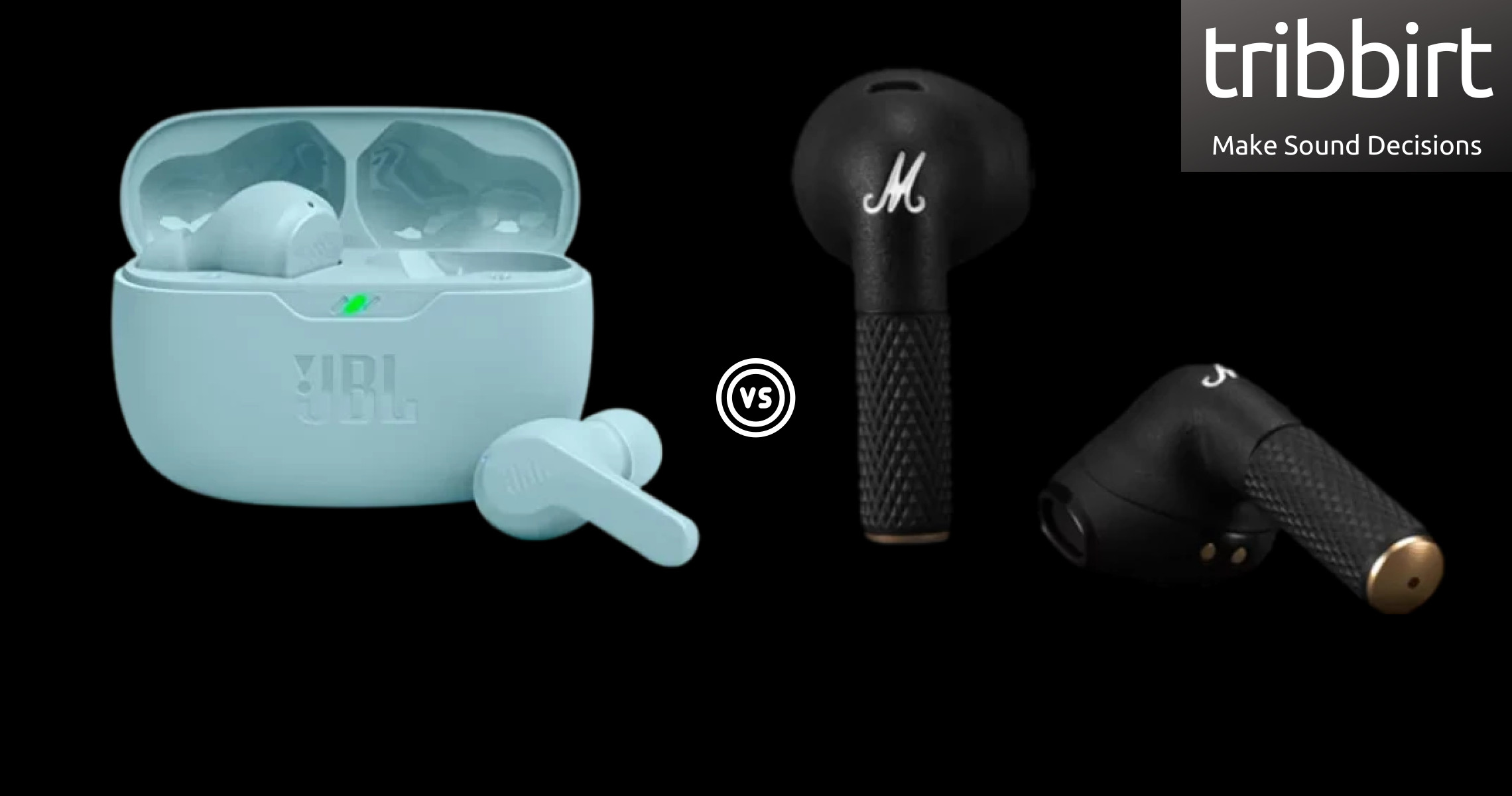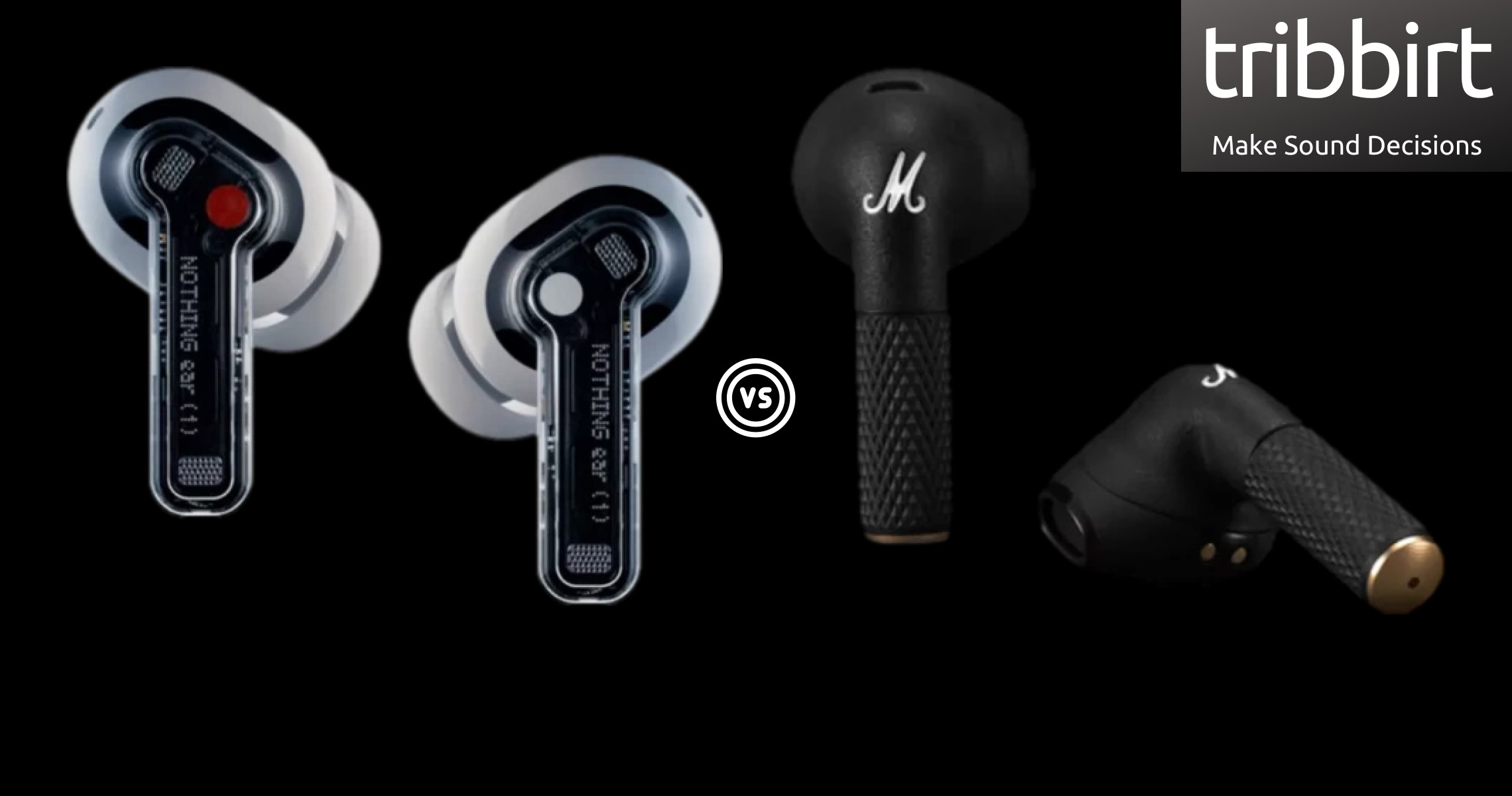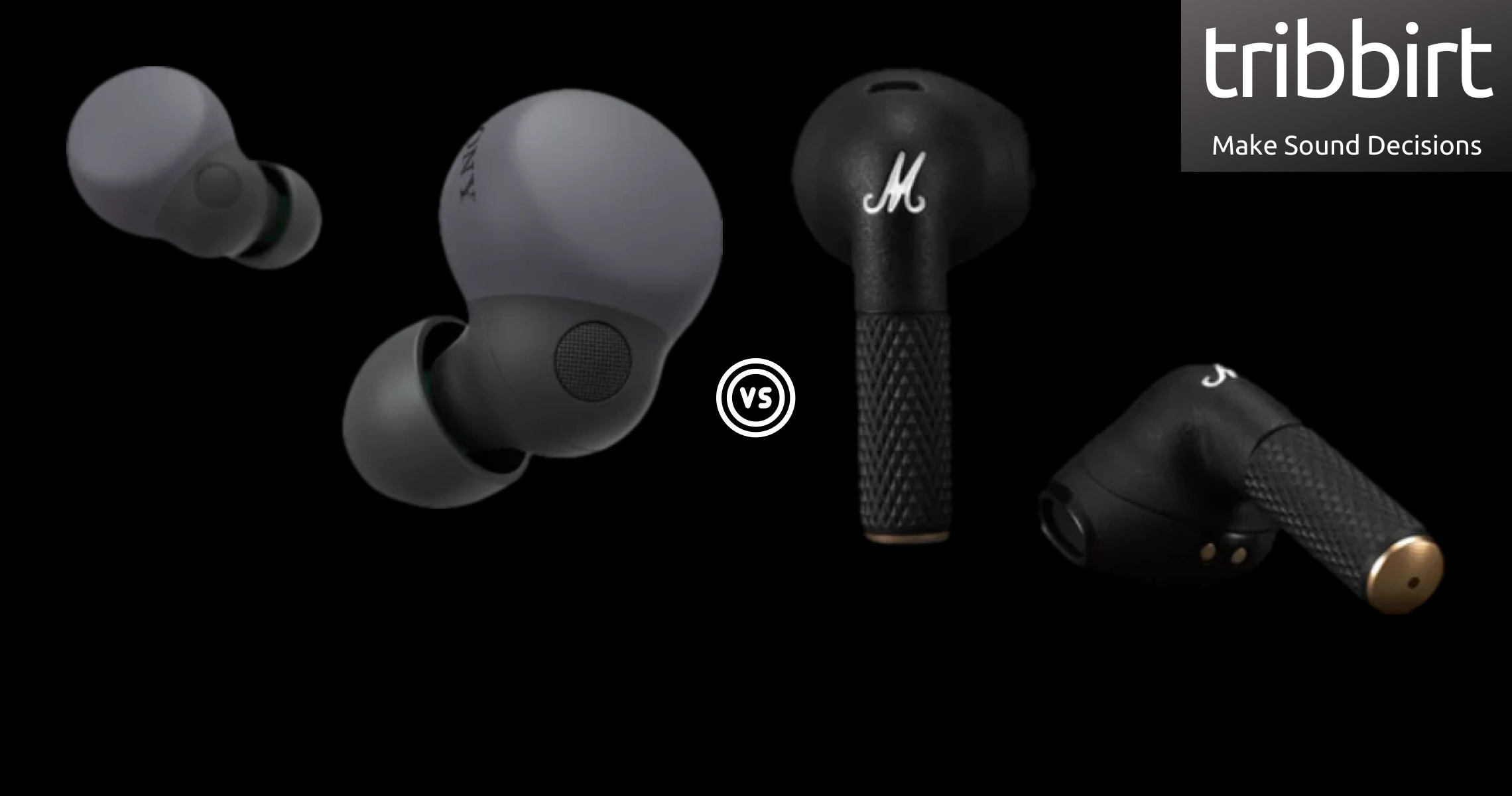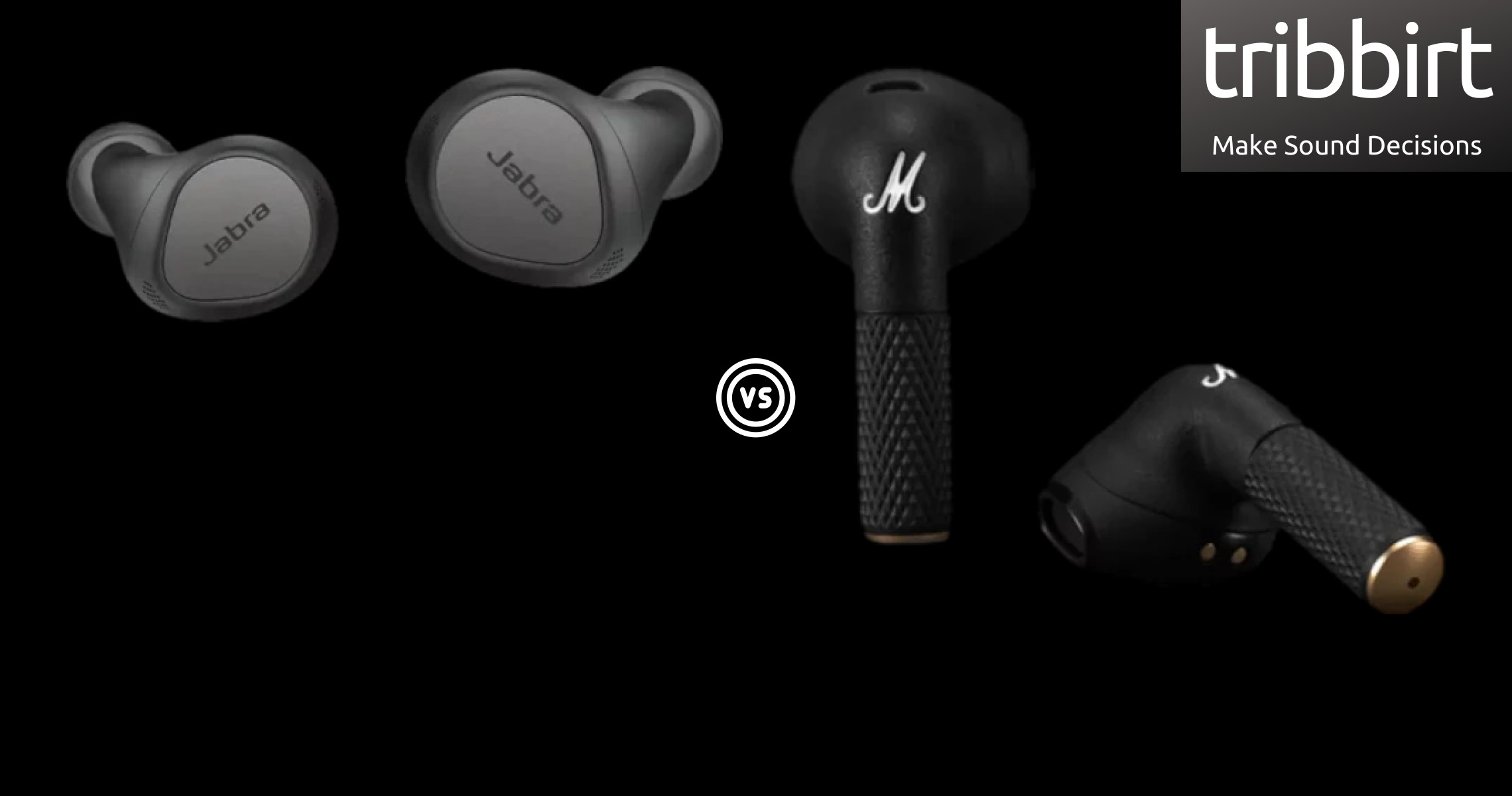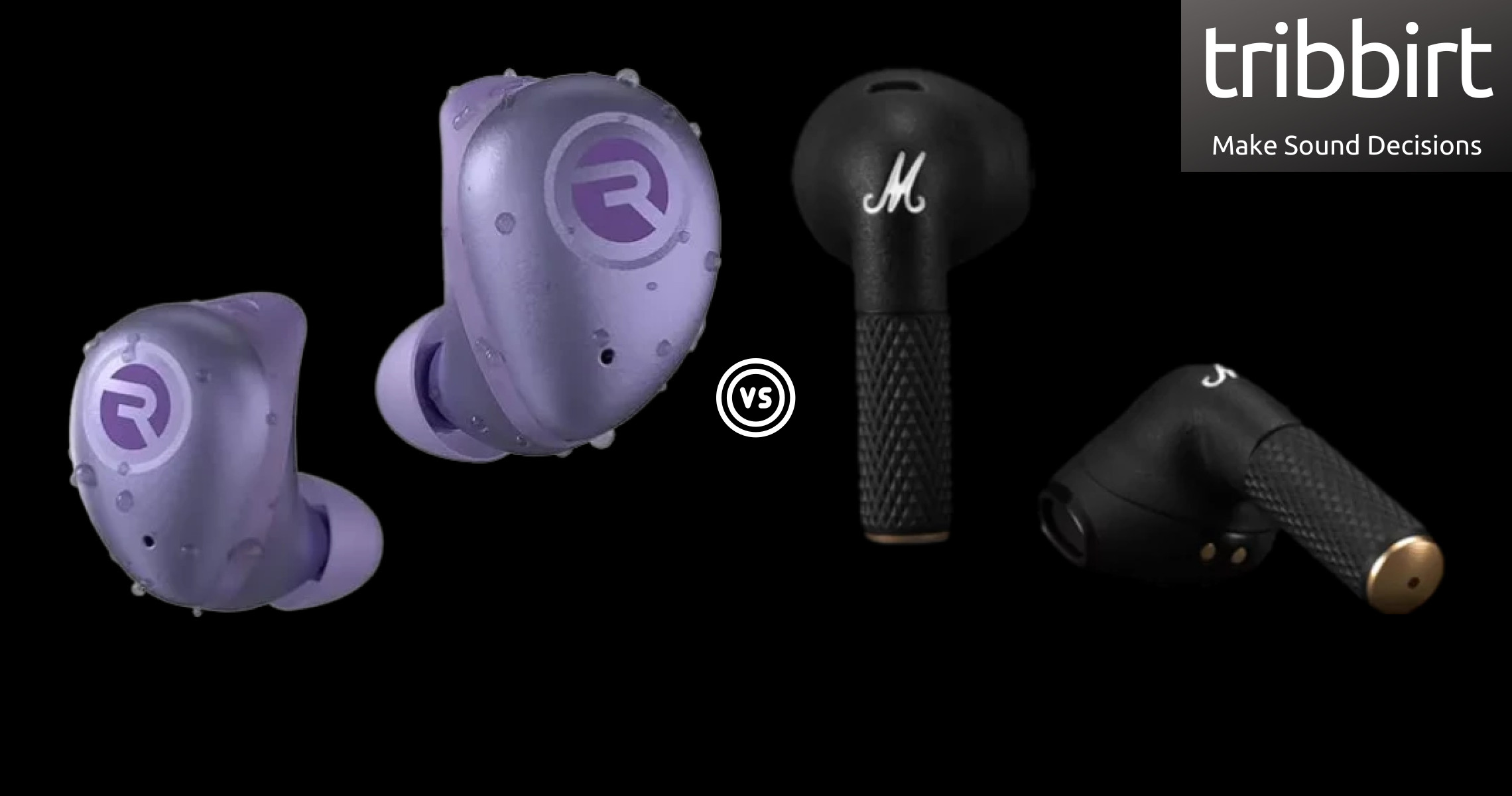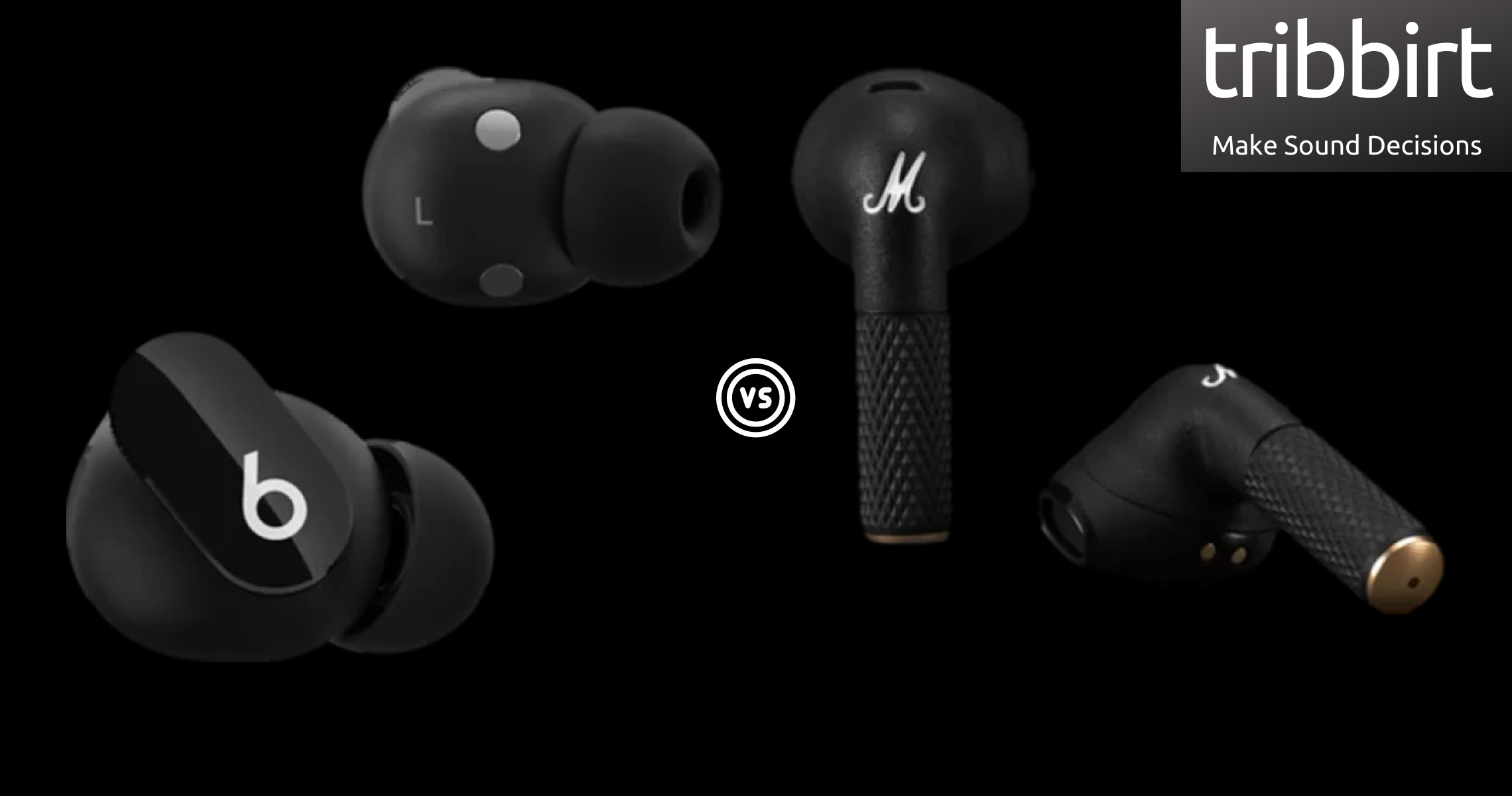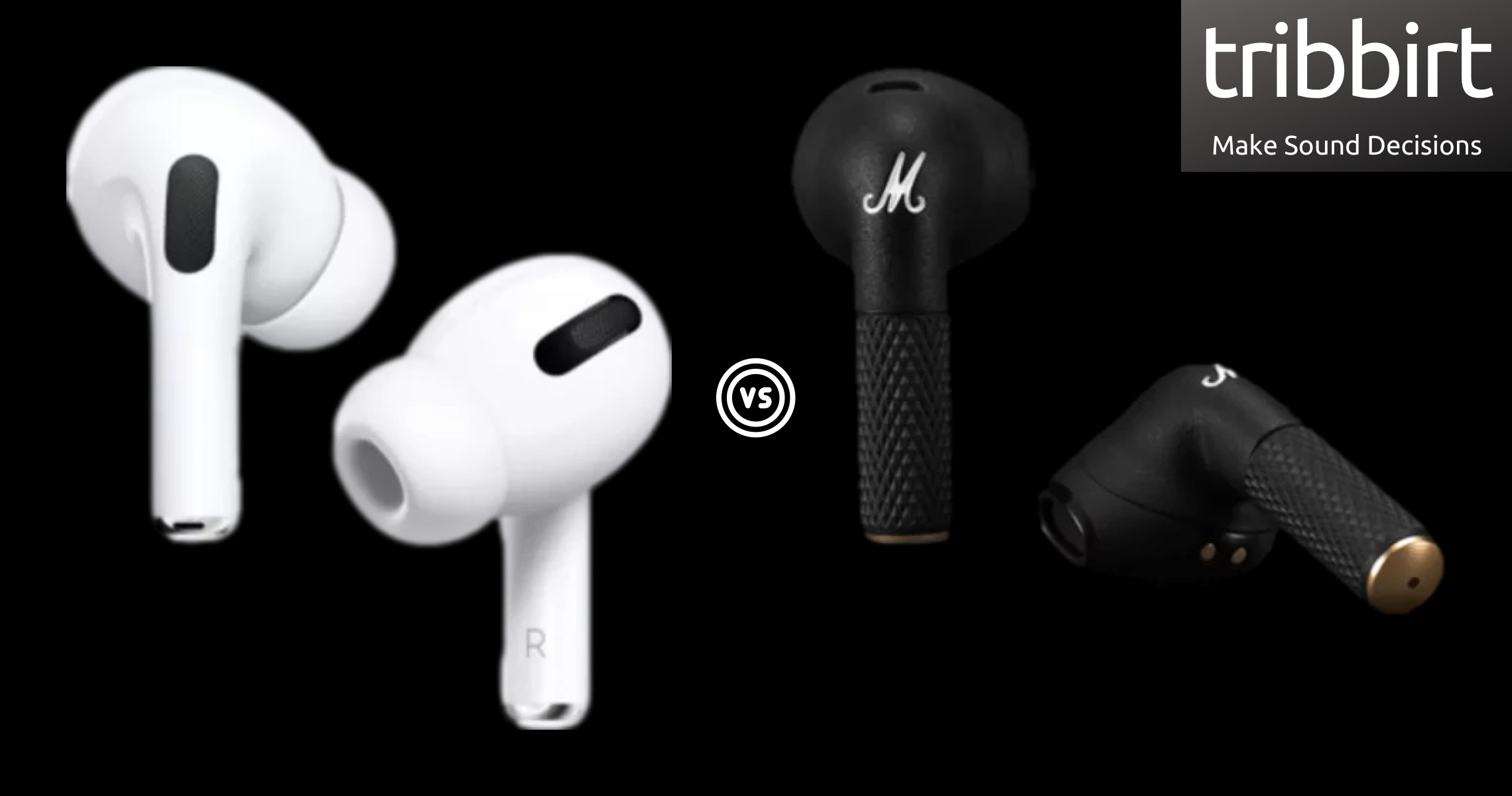IP ratings refer to the rank of protection given by a casing, against solids and water. The letters 'IP' are followed by two values The first value refers to protection against solids say dust, followed by the one that refers to resistance against liquids (water).
Having a value of IPX4, the Marshall Minor III's rating for solids indicates that no data available to specify a protection rating, and the second number of 4 means that they can withstand low pressure spray similar to that of a shower head when tilted at 180° for 10 minutes. Compared to the Marshall Minor III, JBL Reflect Aero have a rating of IP68 meaning that
they are completely dust proof
and that of liquids is that,
Marshall Minor III has a lower liquid rating than JBL Reflect Aero
The Marshall Minor III have a weight of 8g . We consider a lower weight best for the reason that lighter devices are more comfortable to carry.
JBL Reflect Aero, at 13g
are heavier than the Marshall Minor III with a difference of 5g
True wireless devices have no wires connecting any part of the device together, Marshall Minor III are true wireless for this matter since they don't have wires. This is a key distinction as some wireless earbuds have cables linking the pair of earbuds .
JBL Reflect Aero also is true wireless because it has no wires connecting the 2 earbuds together. Marshall Minor III have sweat resistance
JBL Reflect Aero's resistance to sweat makes both devices fit for use during long-distance running, marathons, training in workout bodysuits, etc
Marshall Minor III have stereo speakers, devices with stereo speakers deliver sound from independent channels on both left and right sides, creating a richer sound and a better listening experience.
Both JBL Reflect Aero and Marshall Minor III have stereo speakers
The Marshall Minor III driver unit is 12mm in diameter, bigger drivers are more powerful, therefor producing better bass. A driver unit is the component that makes sound in the device, the unit size corellates with the loudness of the device. JBL Reflect Aero driver unit is 6.8mm in diameter,
which means that they have a smaller driver unit than that of Marshall Minor III by 5.2mm
, many people have a misconception that driver units of a bigger size automatically produce better sound quality.
However, large drivers usually have difficulty producing high frequencies so yeah, larger drivers can generate louder sound, but this does not mean that they deliver better quality sound. The Marshall Minor III's lowest frequency is at 20Hz, low-frequency response inidcates how well an audio component produces low frequencies that can be heard, and if it alters the signal while at it. JBL Reflect Aero's lowest frequency is at 20Hz, this implies that
both devices can make sound with equal bass
Marshall Minor III's highest frequency is at 20,000Hz, high-frequency response tells how well an audio device produces high human frequencies and if it makes any changes to the signal while at it.
JBL Reflect Aero's highest frequency is at 20,000Hz, this means that
both devices generate equal treble
Marshall Minor III's battery life is 5 hours, these last less than 5 hours of listening which is considered average for a single charge. A device's battery life is given by the manufacturer, and with more battery hours, you get to use it for longer and requires fewer chargings. JBL Reflect Aero's battery life is
more than that of Marshall Minor III by 3 hours
. Every time you recharge your earbuds, they get a little less playing time.
The effect is barely noticeable at first, but over time, your wireless earbuds will have shorter listening time. The battery life of the charging case is given by the manufacturer, and Marshall Minor III's case has a full charge of 25 hours. A charging case with a longer battery life enables you to recharge your earbuds on the go many times before recharging the case itself.
JBL Reflect Aero's charging case has a battery life of 16 hours,
less than that of Marshall Minor III by 9 hours
It requires 1.5 hours to fully charge the Marshall Minor III's battery. It is recommended to fully charge the battery before using the earbuds for the first time. JBL Reflect Aero takes 1.5 hours to fully charge the battery,
equal to that of the Marshall Minor III
Marshall Minor III, the device supports wireless charging.
To charge the earbuds, you simply place down on a compatible charging pad. Marshall Minor III have a battery level indicator, an indicator shows you when the earbuds has a low battery. The battery indicator lights display the charging state of your device and charging case.
JBL Reflect Aero too have a battery level indicator, charging indicators enable you determine the charging state of your device, whether fully charged, or having a low battery. The Marshall Minor III use USB TYPE-C, a standard connector for transmitting both data and power through a single cable. JBL Reflect Aero too use USB TYPE-C.
This USB-C plug is part and parcel of most current electronics. Marshall Minor III have Bluetooth version of 5.2, Bluetooth is a wireless technology standard that enables data transfers between devices placed in range, using short-wavelength, ultra-high frequency radio waves. JBL Reflect Aero has a Bluetooth version of 5.2,
equal to that of the Marshall Minor III
. Newer versions provide faster data transfers.
The Marshall Minor III have a 10meters distance to connect via Bluetooth. JBL Reflect Aero have a maximum range of 10meters,
equal to that of the Marshall Minor III
The Marshall Minor III support APTX HD, an audio codec for Bluetooth devices that are developed by Qualcomm. It supports high-quality 24-bit audio (at a bit rate of 576kbps).
Marshall Minor III have 2 microphones.
While the JBL Reflect Aero microphones are 6,
more than that of Marshall Minor III by 4
. More microphones record better sound quality and help the earbuds to filter out noise. The Marshall Minor III have in/on-ear detection, the sensors in the device can detect when removed from your ears so that the music is paused. Marshall Minor III support fast charging.
Most often, technologies like MediaTek’s Pump Express, are used to reduce the amount of time it takes to charge the earbuds. JBL Reflect Aero too support fast charging. It's very similar to regular charging, just that the battery fills up much faster.
For example, with Quick Charge 3.0, the battery can be charged to 50% in just thirty minutes. The Marshall Minor III have a mute function, they have the feature to mute/unmute a conversation directly from the device. The JBL Reflect Aero too have the mute function.
The mute function means that you unilaterally turn off the earbuds' microphone, but still hear the other party talk. With the Marshall Minor III, so you can easily access the volume control, pause, play, mute, etc whichever features are supported on the earbuds. JBL Reflect Aero too have a control panel on them.
The Marshall Minor III have voice prompts. Automatically receive information via audio messages, say if there is a problem with the connection. JBL Reflect Aero also have voice prompts meaning the earbuds notifies you if the battery is running low, and it's time to recharge the earbuds.
Marshall Minor III come with their own special pouch. Carrying earphones openly, or putting them inside your bag without a cover can easily put them at risk of getting damaged. JBL Reflect Aero too have a travel bag included, which offers safe transportation.
